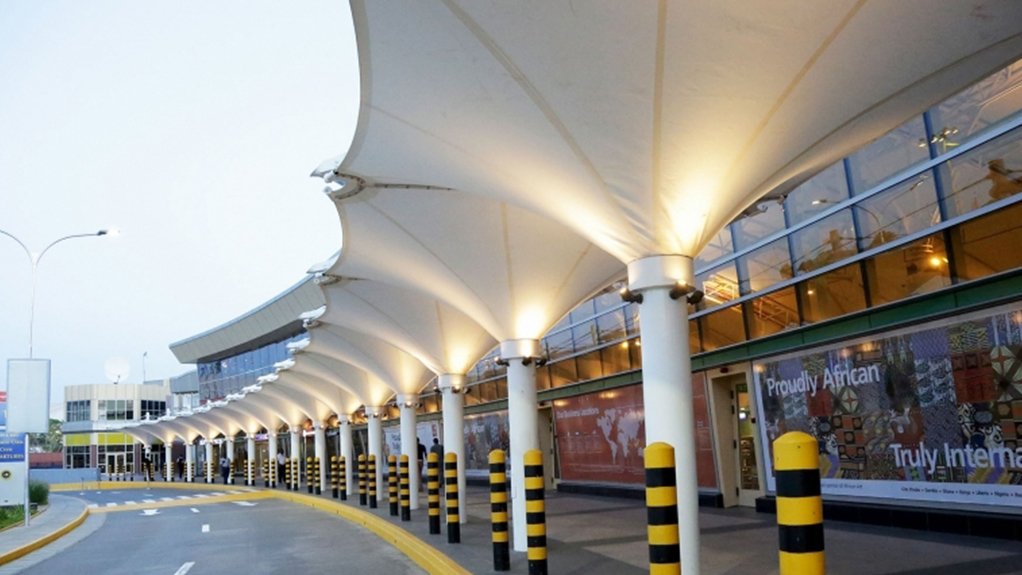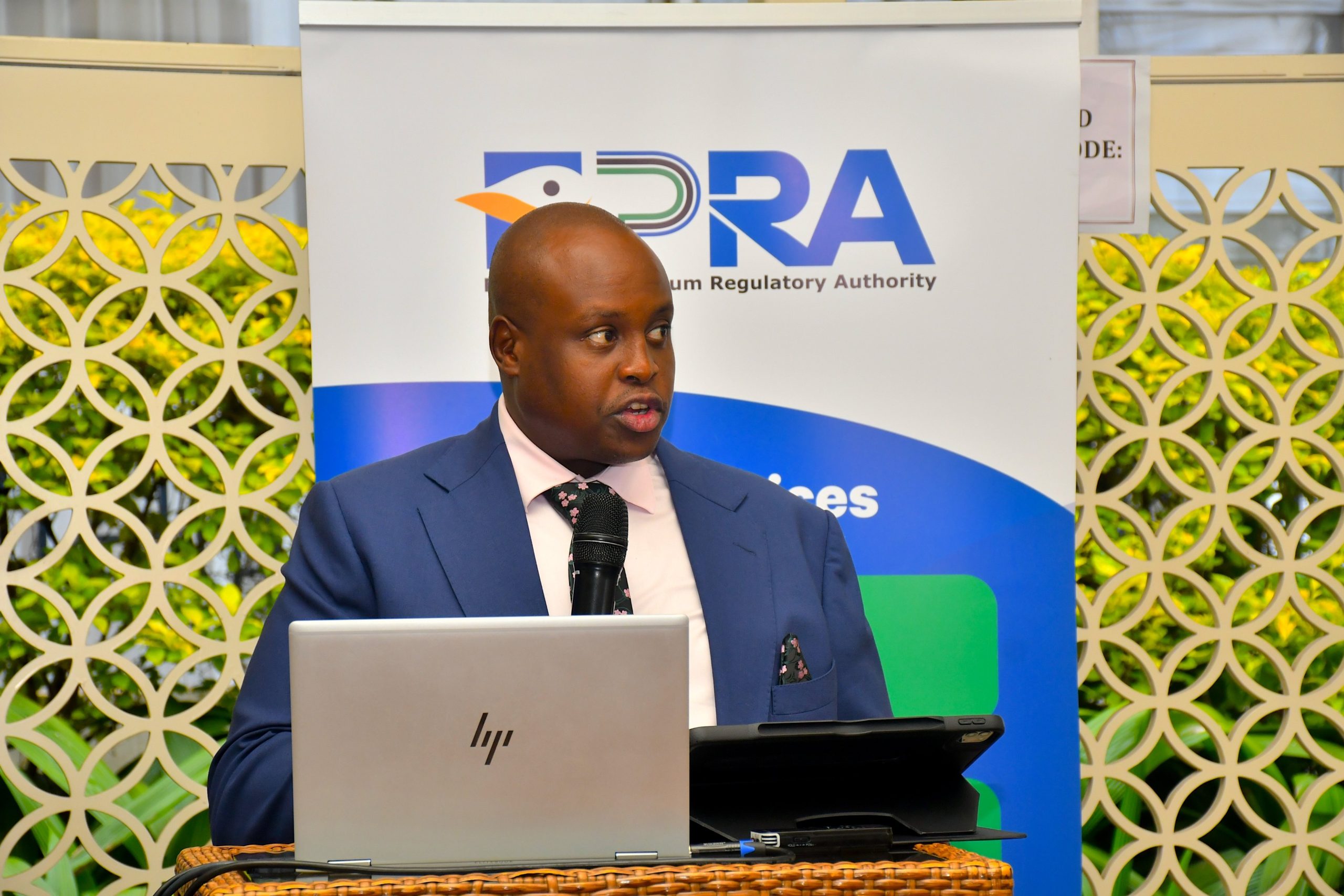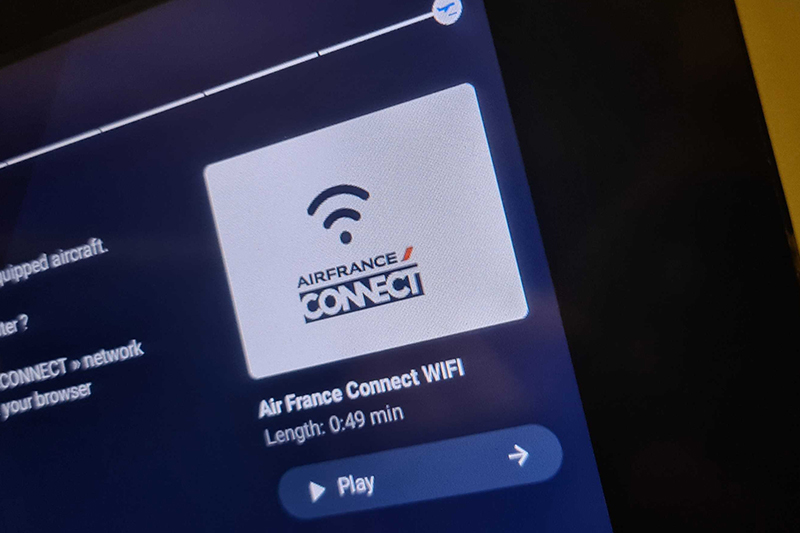Infrastructure upgrades at JKIA will include modernised baggage handling systems, improved storm-water drainage and access roads, installation of covered walkways, better air conditioning, and clearer signage. Additionally, meet-and-greet services will be strictly regulated to ensure only licensed facilitators operate within the airport, enhancing both security and order
The Cabinet has approved a comprehensive plan aimed at enhancing the passenger experience at Jomo Kenyatta International Airport (JKIA), focusing on streamlining operations and improving security measures.
Notable changes include exempting all African citizens from Electronic Travel Authorisation (ETA) requirements, simplifying intra-African travel, and increasing the duty-free threshold for Kenyan citizens from Ksh 50,000 to Ksh 250,000. Security screening at JKIA will also be refined with risk-based profiling, ensuring only flagged baggage undergoes manual inspection in a dedicated screening room, thereby reducing delays and improving efficiency.
The introduction of additional immigration booths and staff, along with the installation of E-Gates, will speed up clearance and eliminate long queues. To enhance accountability, new monitoring technology will oversee airport staff, and all agency employees and retail concessionaires will be required to wear uniforms with visible name tags.
Infrastructure upgrades at JKIA will include modernised baggage handling systems, improved stormwater drainage and access roads, installation of covered walkways, better air conditioning, and clearer signage. Additionally, meet-and-greet services will be strictly regulated to ensure only licensed facilitators operate within the airport, enhancing both security and order.
These changes are effective immediately and will reinforce JKIA’s status as a premier aviation hub, improving efficiency, security, and overall passenger experience.
In a separate development, the Cabinet also approved the 2025 Budget Policy Statement (BPS), which outlines a Ksh 4.2 trillion budget for the 2025/26 financial year. The budget includes Ksh 3.09 trillion for recurrent spending, Ksh 725.1 billion for development, Ksh 436.7 billion for county transfers, and Ksh 5 billion for the Contingency Fund.
Under the Division of Revenue Bill 2025, the National Government proposes Ksh 2.8 trillion in shareable revenue, with Ksh 405.1 billion allocated to county governments. The allocation meets constitutional requirements and will be distributed based on the Third Basis Formula. In addition, the County Governments Additional Allocation Bill 2025 proposes an additional Ksh 69.8 billion in funding, contributing to a total of Ksh 474.87 billion in county transfers for the 2025/26 fiscal year.
The government has prioritised six key economic objectives for the coming year: reducing the cost of living, eradicating hunger, creating jobs, expanding the tax base, improving foreign exchange balances, and fostering inclusive growth. These objectives will be supported by strategic investments in agriculture, services, and infrastructure.
Further economic stability will be achieved through fiscal consolidation, expenditure rationalisation, revenue mobilisation, and enhanced tax compliance. The Medium-Term Revenue Strategy will guide tax reforms to ensure efficiency, fairness, and progressivity.
The Cabinet also approved the 2024/25 Supplementary Estimates No. II, allocating an additional Ksh 344.8 billion for recurrent and development expenditures, responding to various government and externally financed projects and budget realignments. This approval follows economic disruptions, including civil protests earlier in 2024, which led to the withdrawal of the Finance Bill 2024.





